
Gun Sabri, 50, half asleep, sits on a chair in his brother Ertal’s shop. We are located in old Avato, a village belonging to the regional union of Xanthi and the municipality of Topeiros, and one of the few places where Afro-Greeks live, that is, black Greeks, whose ancestors settled in Greece many centuries ago. Gun and Ertal Sabri believe that their ancestors came to Greece from Sudan, but this is “verified” information received by them relatively recently.
For many years they did not know where to look for their roots, they only knew that their ancestors came to Greece during the Turkish occupation, since both their parents and their grandparents were born in Avato. And so Gyun, after graduating from a Greek school, having served the then 15-month military service and working in Germany, looked for his roots even in Nigeria.
“I wanted to find at least someone like me…” he tells K. He stayed for about two months, but did not find anyone and decided to return to the only homeland he knew and knows, Greece. When he arrived at the airport in 2003, he was stopped by a police officer at a checkpoint. “He was curious to see the black Greek,” says Mr. Sambri “K”. He called the second officer. He looked at Hun’s passport and said to the first: “Yes, yes, they are in Thrace.” “He is Turkish,” the policeman added. Gong Chabri, while recounting an incident that happened almost 20 years ago, rolls his eyes at this moment. “He is Turkish,” he said, and this made me very angry. I wanted to go and report him to his boss, and I told him, “You won’t tell me that again,” he says. “I am not attached to racism,” Ertal’s brother says, “and if I were born again, I would like to be born black again.” He shows me his Greek identity card, smiling, “a foreigner can’t take it,” he says.
The fact is that both the Sambri brothers and other members of the community speak as if they need to prove that they are Greeks, although they were born in Greece from Greek parents, whose parents were also Greeks, Muslims by religion. No one seems to know exactly how many there are, but members who spoke to K and Topeiro Mayor Thomas Michoglu believe there are about 200 of them.
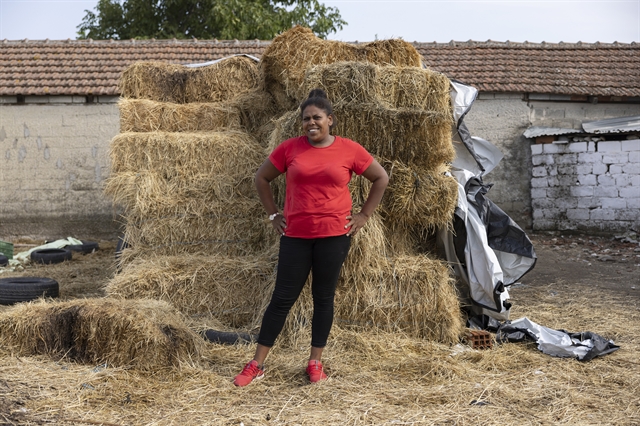
“These are African populations that came here during the Ottoman Empire and are an example of the heterogeneity of what we call the Muslim minority in Xanthi, it is not only the Turkic people and the Pomaks,” says Associate Professor of the Department of Demography of the “K” Department of History and Ethnology at the Democritus University in Xanthi , Konstantinos Zafeiris. He emphasizes what they themselves say – that no one knows exactly when they came and from where. “They were brought as slaves, slaves, during the Ottoman Empire, from Africa, Egypt, to work, they have been here for more than 100 years,” Mr. Mishoglu says to K. “They came here at an unspecified time, but quite a long time ago,” says Mr. Zafeiris, “and they are a limited population that has intermarried with the rest.”
“I am glad that the Antetokounbo brothers play for the Greek national basketball team. I am happy because they are Greek and like me.”
The fruit of this marriage is the 14-year-old daughter of 38-year-old Gyulseren Rejep oglu. Gulseren ran in the last municipal elections for councilor with the Municipal Change combination for the community of Evlalos, a village near Avatos that also has a large Afro-Greek population, most of whom are related to each other by family ties. In the house in front of the paddock where Gulseren’s sheep are kept, who lives with her daughter and her parents, Raif and Katri, her uncle lives. Her aunt, 65-year-old Rasige Reifoglu, lives in a house behind a paddock. I ask her if she was born here, a question she must have received many times in her life because the answer is almost a reflex. “Of course, here in Evlalos, mom, dad, grandfather, grandmother, everyone is here, I am not a foreigner, I am a local,” he emphasizes.
Gulseren says her own family has had no problem with her mixed marriage, although like her, they all want their community to continue and be preserved. But for the family of her ex-husband, a member of the Turkic-speaking minority of Thrace, things were a little different. When asked if they had experienced racism, both Gulseren and most of the Afro-Greeks who spoke to K answered in the negative. However, when talking a little more about her life, she mentions that while in the village she never got a reaction to her skin color, “here we all grew up together, we are like one race”, the same was not the case in Komotini where she lived married.
“They looked at me differently there, “oh, black, does she know Turkish?”, they said: “black, but she knows Greek?”, I had a problem,” Gulseren says.
The 34-year-old oil artist, who didn’t want his name published, tells K that he had a similar experience. “In Xanthi, I was accidentally told, ‘Black, what are you doing here? “In Komotini, some people did not want to sit next to me because I am black,” says Said Velioglu, “but I like my color, I have no problems.” “Some blacks,” he adds, “don’t want us to say black, but why? You’re white, I’m black, what’s the difference? We are all human”. Like others, 56-year-old Mr. Velioglu’s ancestors were born in Greece. He knows for sure that his grandparents were also born here, but he doesn’t know what happened to earlier generations. He never asked his parents, who had already died, about their roots, which he regrets a little. “Not that if I knew, it would have any meaning for me,” he emphasizes to “K”. “I only know Greece, I was born here and this is my homeland.”
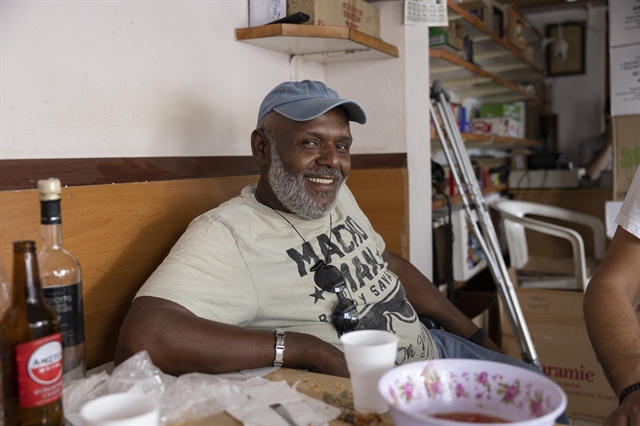
An interview with the Chabri brothers in the old Avato is interrupted at one point by the muezzin’s call to prayer, heard from a nearby mosque. They say “K” that some people are more concerned about their religion than their skin color. “Some are even more racist because I am a Muslim,” says the 34-year-old man, “but not in the countryside.” Veli Reyfoglu, 40, says his parents only speak Turkish at home, as they do in most Afro-Greek homes in Xanthi, although he, he adds, speaks more Greek in everyday life. The two Gulseren sisters, married to two Afro-Greek women from Avato who are related to each other, speak almost no Greek, and their mother, Katri, listens mostly to Turkish songs at home, unlike Gulseren’s 14-year-old daughter. whose Greek is fluent and her favorite artist is the trapper Trannos.
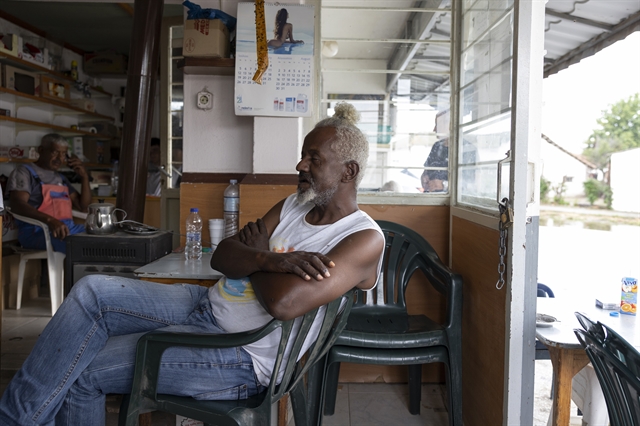
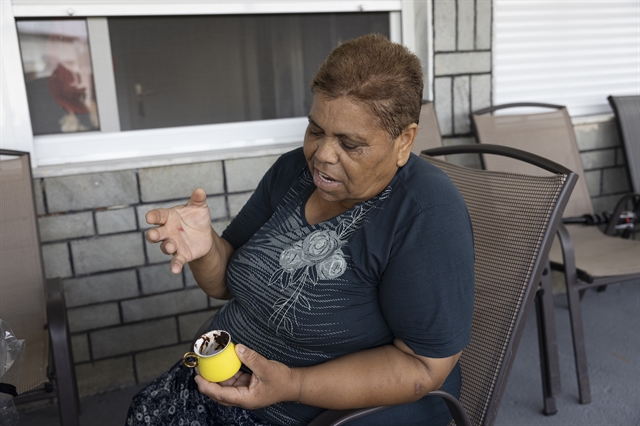
When conflicts arise between Greece and Turkey, they declare that they are not involved, it does not concern them. “Big heads know this,” says Ali Osman, Sabri’s cousin, whose Afro-Greek father “married my mother, a white Muslim from Xanthi.” He served 22 months in Amintaio, Florina. “Turks, Greeks, it doesn’t matter in the countryside, we all grew up together,” he says of the multiculturalism of their place. “Here we all celebrate Bayram, Christmas and Easter together,” says the 34-year-old oil painter. But since not all places are like this, he emphasizes that he was happy that the Antetokounmpo brothers would play for the Greek national basketball team. “I am happy because they are Greek and look like me,” he says, “they have my color.”
Leaving Eulalos, the fields turn golden, full of corn. “We are poor, but we have health, and here we spend like brothers,” Ms. Reyfoglu says to “K”. “We are local,” he emphasizes, “like the corn that grows here, we are local.”
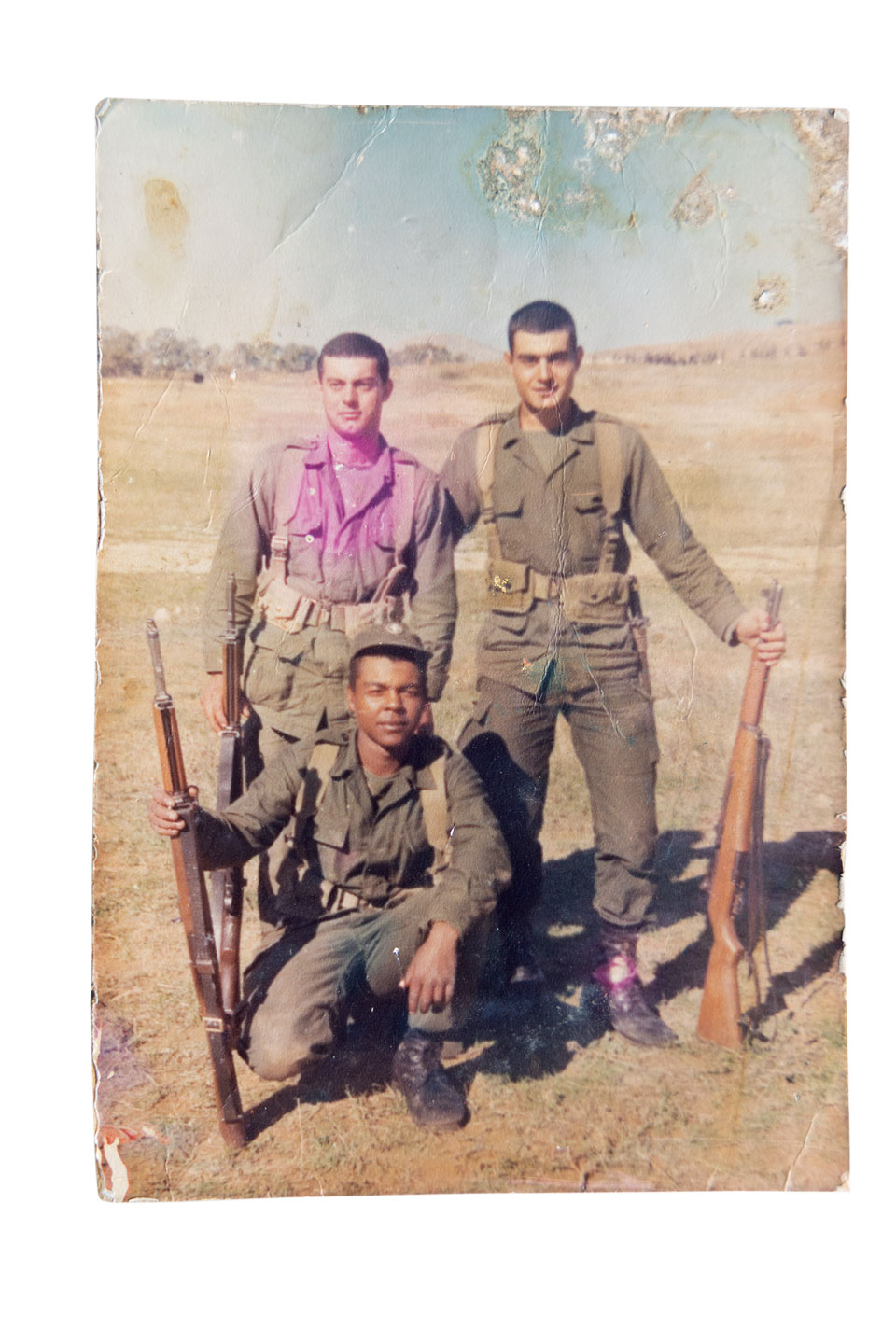
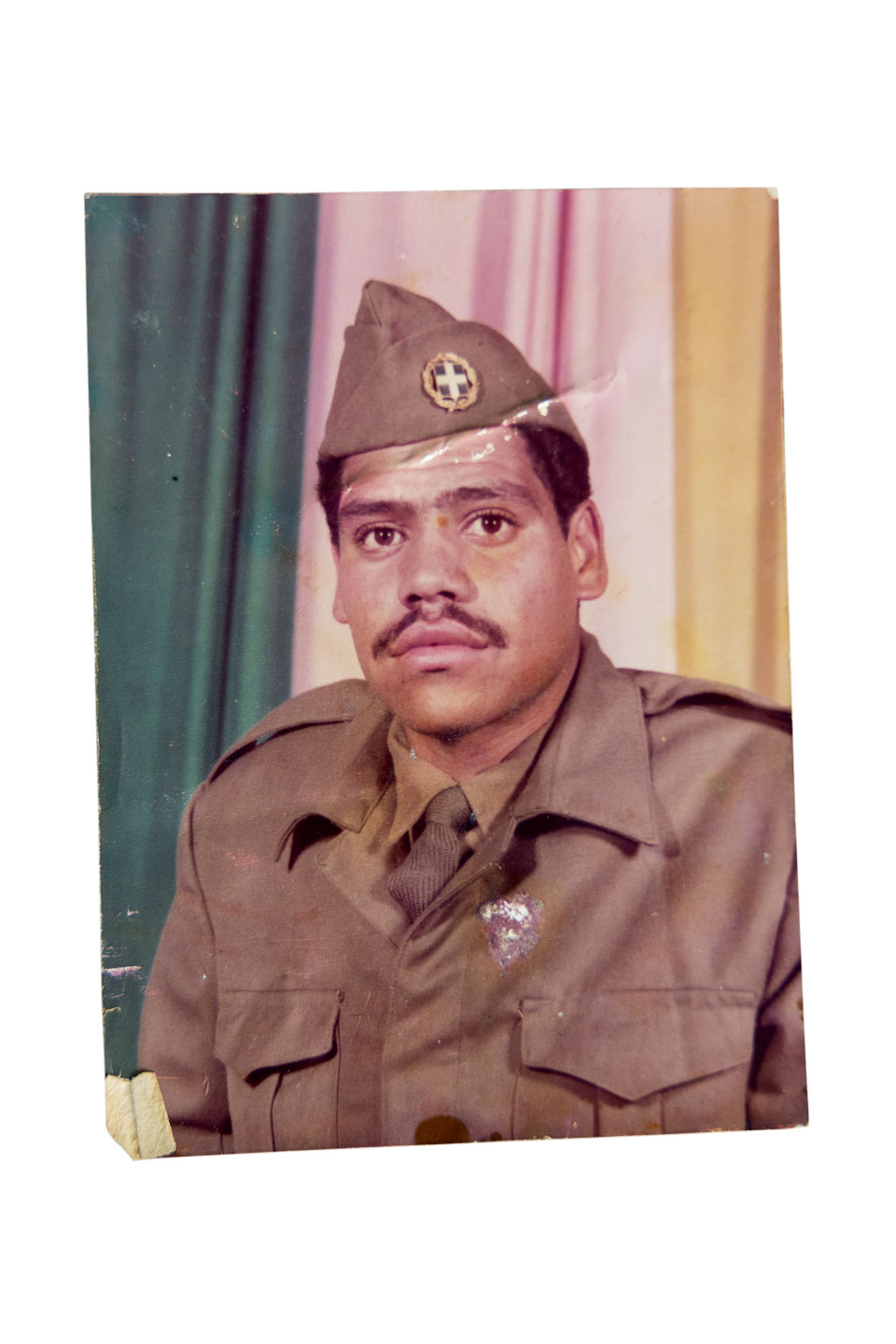
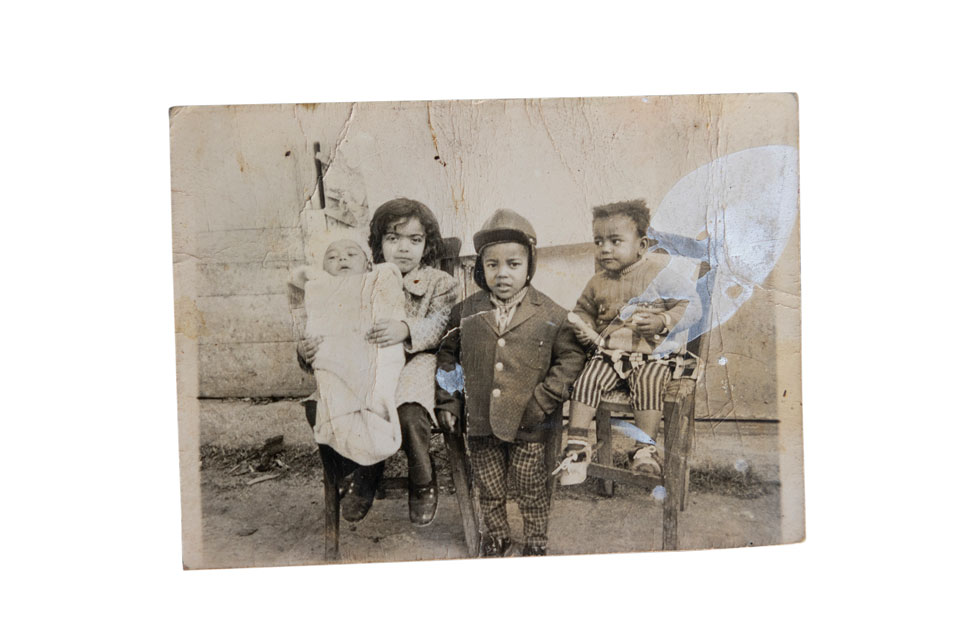
Source: Kathimerini
James Springer is a renowned author and opinion writer, known for his bold and thought-provoking articles on a wide range of topics. He currently works as a writer at 247 news reel, where he uses his unique voice and sharp wit to offer fresh perspectives on current events. His articles are widely read and shared and has earned him a reputation as a talented and insightful writer.